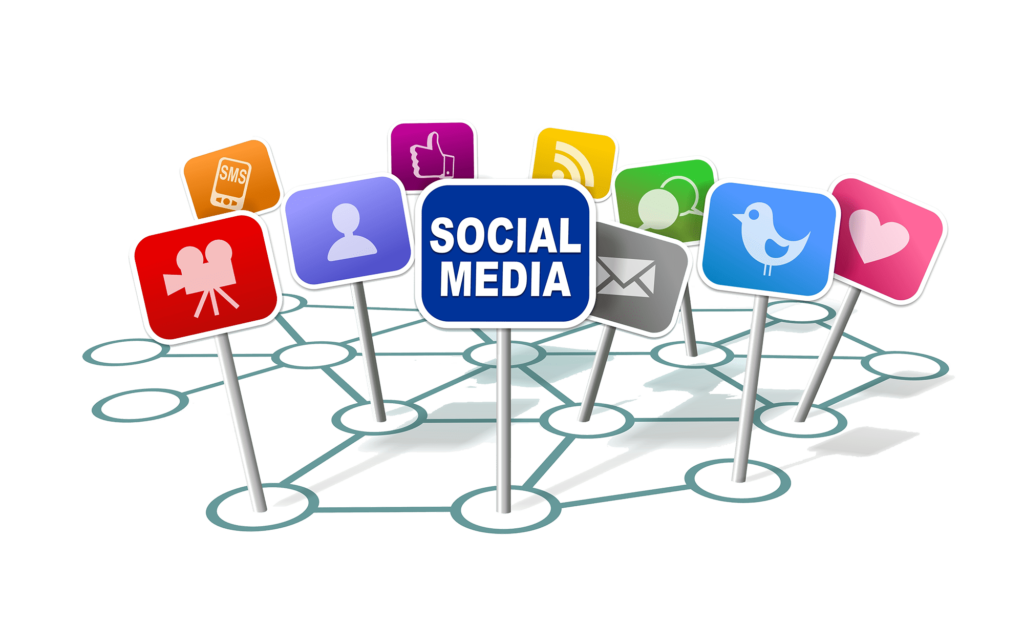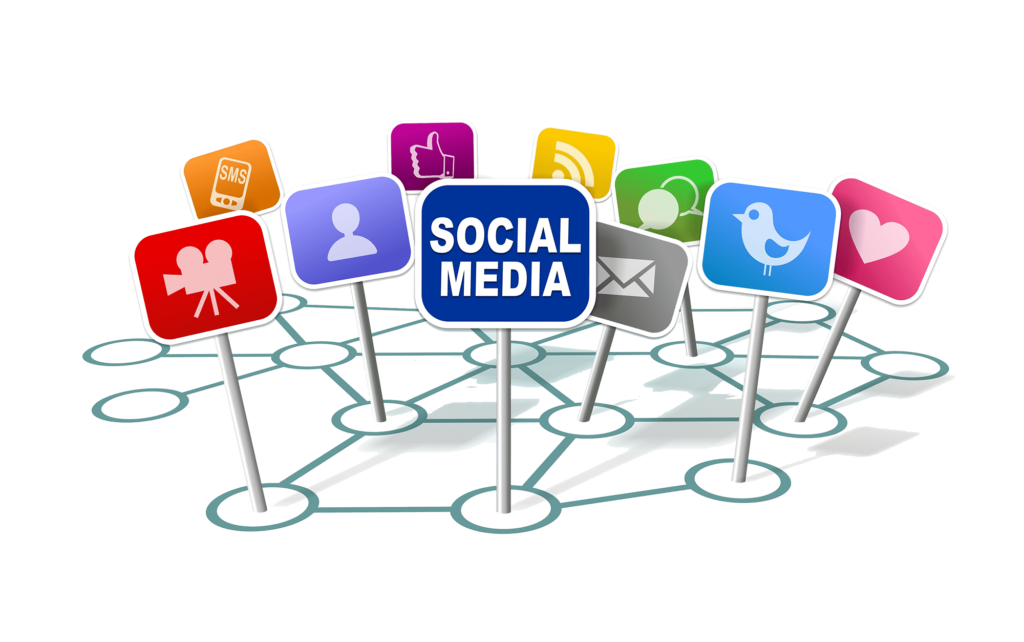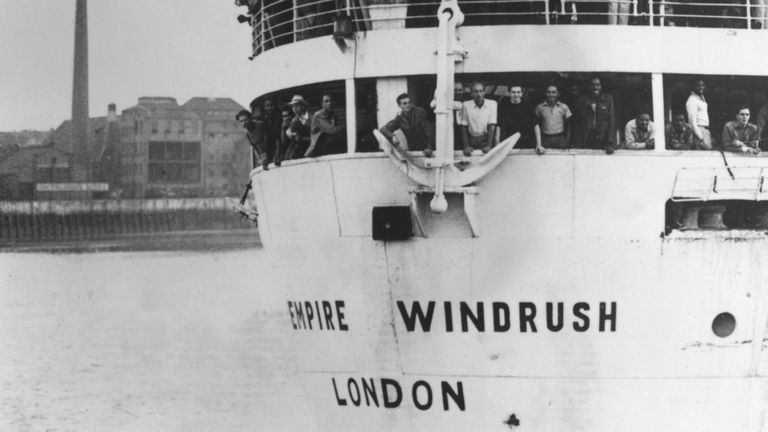Following the bombings in Sri Lanka and the spread of unreal stories burst, the government took severe judgment to block social media.

The government then decided to stop the spread of false news reports on various social media routes like Facebook, WhatsApp, Instagram, YouTube, Viber, and Snapchat.
However, the government did not announce the date or time when the ban will be lifted.
Moreover, it appears at a time when social media firms are striving to rein in the measure of misinformation.
Recommended News:
- This is How Internet is Affecting Kids
- Facebook decides to regulate itself and its products before being forced to
- Twitter Cuts Down the Number of Accounts You Can Follow Per Day
What was the reason for its ban?
Prime Minister Ranil Wickremesinghe, ordered the people to hold the unverified reports and speculation about the uncertainty.
Thereby 300 people have died in a series of bombings at churches and hotels during the Sunday service, as per the reports.
All these factors resulted in an out-and-out ban on the most popular social media sites.
The government said the block would be temporary but complete in place “until investigations were settled.
Twitter seems to be unaffected by the ban- not many in Sri Lanka follow Twitter when compared to other mediums as per some experts.
The shutdown is not without a rule. Facebook was briefly blocked a year ago in Sri Lanka after it was blamed for allowing posts that incited anti-Muslim violence.
It is reasonably not surprising that the Sri Lankan government has taken such drastic measures given that the social network Facebook acknowledged in November that its service had been used to increase violence in Myanmar.
Is the ban a great idea?
Many from the public think that the ban is an inevitable response to the emerging tech firms to play safely on the spread of wrong information.
However, other sets of the group are concerned about the government taking quick action on blocking the flow of free information online worldwide. Sri Lanka’s history shows it can control the media.
Social media continues an active source for a piece of finding information and for eluding government restrictions.
Factors that affect the issue
When there is no questioning the fact that social media networks are used to mislead information, eventually, they are crucial communication platforms for people who are desperate to check about their beloved ones.
Most people rely on our services to communicate with their loved ones.
With this, we are committed to maintaining our services and helping the community and the country during this tragic time…
Meanwhile, WhatsApp is widely used in Sri Lanka.
Moreover, platforms like Facebook are not just part of the Internet but are the Internet for many.
This means their only form of communication, to be specific when they need it most, is suddenly cut off.
Is the ban going?
A certain group of people is using virtual private networks to circumvent the ban.
As VPNs can hide someone’s location by funneling data through a server in another country.
As per Netblocks, an organization that tracks internet outages, of these – TunnelBear has also been blocked.
Dr. Claire Wardle [An academic who founded First Draft, a non-profit organization that researches misinformation] told:
The confirmation of the influence of social media cessations in other connections points out that they don’t have the influence people demand. While there aren’t strong channels for quality information, this can backfire.
Additionally, social media can be an aid for those who attempt to connect with people.





Leave a Reply